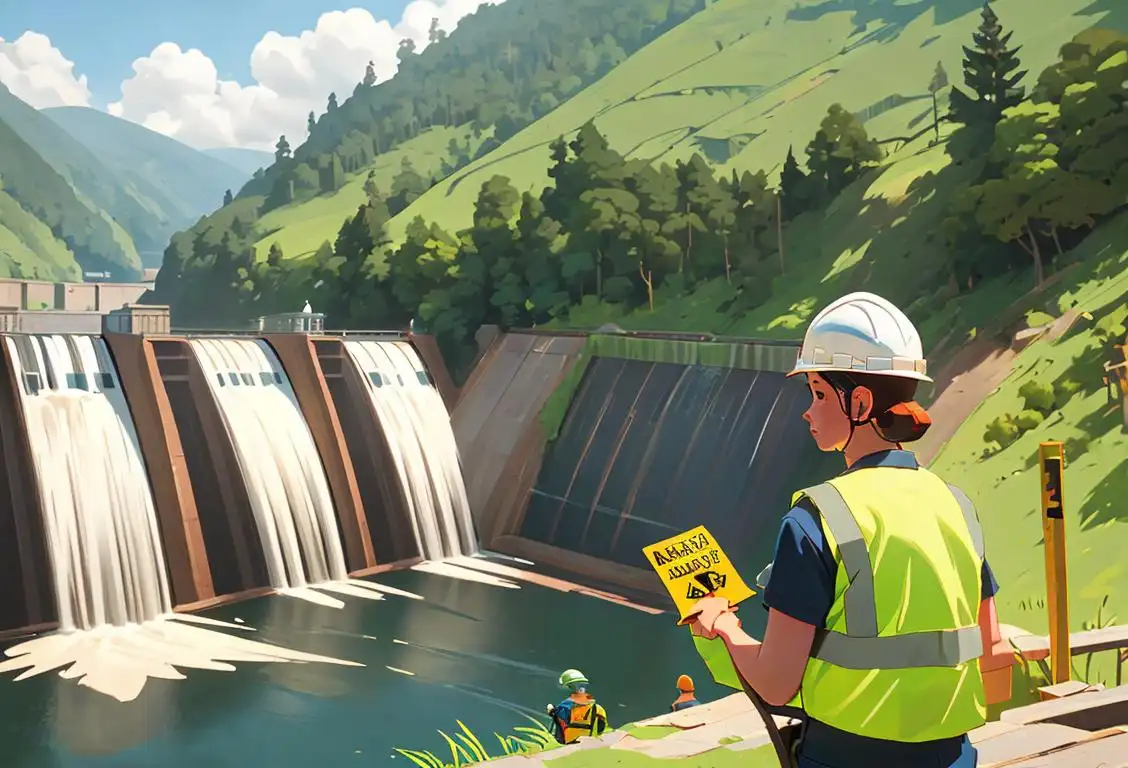National Standards Day

Did you know that there's a day dedicated to National Standards? It may not sound like the most exciting of celebrations, but believe me, there's more to it than meets the eye. So, if you're ready to dive into the world of standardization, get comfortable and let's explore the fascinating history behind National Standards Day!
When is Standards Day?
It's national standards day on the 21st September.
A Brief History
Every year on National Standards Day, we take a moment to appreciate the importance of standards in our everyday lives. From the products we use to the services we rely on, standards play a vital role in ensuring quality, safety, and compatibility.
The origins of National Standards Day can be traced back to 1978 when the American National Standards Institute (ANSI) established the commemorative day. It serves as an opportunity to recognize the contributions of the individuals and organizations that develop and promote standards across various industries.
What exactly do we mean by standards? Well, simply put, they are a set of guidelines or specifications that define how things should be done or made. Whether it's a software coding standard, a measurement system, or a set of safety regulations, standards help maintain consistency, enhance interoperability, and ultimately improve our lives.
Celebrating National Standards Day
On National Standards Day, you might be wondering how you can join in on the celebrations. Fear not, my friend, for I have a few suggestions for you to commemorate this special day:
- Learn about the different standards organizations and their contributions to society. From ISO to ASTM, there are numerous organizations dedicated to developing and promoting standards across various industries.
- Take a moment to appreciate the impact of standards in your everyday life. Consider how products and services conforming to standards have simplified and improved your experiences.
- Spread the word! Share the importance of standards with your friends and loved ones. You might be surprised at how many people are unaware of the role standards play in their lives.
Did You Know?
Did you know that the first national standard in the United States was established in 1895? The National Bureau of Standards, now known as the National Institute of Standards and Technology (NIST), was tasked with promoting standardization and improving measurement accuracy. So, while National Standards Day is relatively young, the concept of standardization has been around for quite some time!
History behind the term 'Standards'
1760
The birth of measurement standards
During the Industrial Revolution, the need for consistent and reliable measurements became evident. In 1760, the British scientist John Wilkins proposed the establishment of a universal standard of measurement. His ideas were the precursor to the development of standards.
1875
International cooperation for standards
In 1875, the International Bureau of Weights and Measures (BIPM) was established in France to oversee the development and maintenance of international standards. This marked the beginning of international cooperation in setting standards for measurements and ensuring consistency across countries.
1946
Formation of ISO
The International Organization for Standardization (ISO) was founded in 1946, with the aim of promoting worldwide industrial and commercial standards. ISO, based in Geneva, Switzerland, has since become a prominent global authority for the development and publication of international standards.
1970s
Expansion of standards to various industries
By the 1970s, standards had expanded beyond traditional measurements to cover various industries and sectors. Standards were developed for quality management, environmental management, information technology, and many other disciplines. This expansion brought about greater efficiency, consistency, and interoperability in different fields.
Present
Continued relevance and evolution of standards
Standards continue to play a crucial role in our modern society. They enable interoperability between different systems, ensure product safety, facilitate international trade, and drive innovation. Standards are constantly evolving to keep pace with technological advancements, societal changes, and emerging needs.
Did you know?
Did you know that the first national standard in the United States was established in 1895?Tagged
awareness technologyFirst identified
12th May 2015Most mentioned on
21st September 2018Total mentions
25Other days
Security Is At Greater Risk Every Day
Indexing Day
Battery Day
Hydrogen And Fuel Cell Day
Computer Security Day
Hydropower Day
Manufacturing Day
Stem Day
Dam Safety Awareness Day
Surveillance Camera Day









